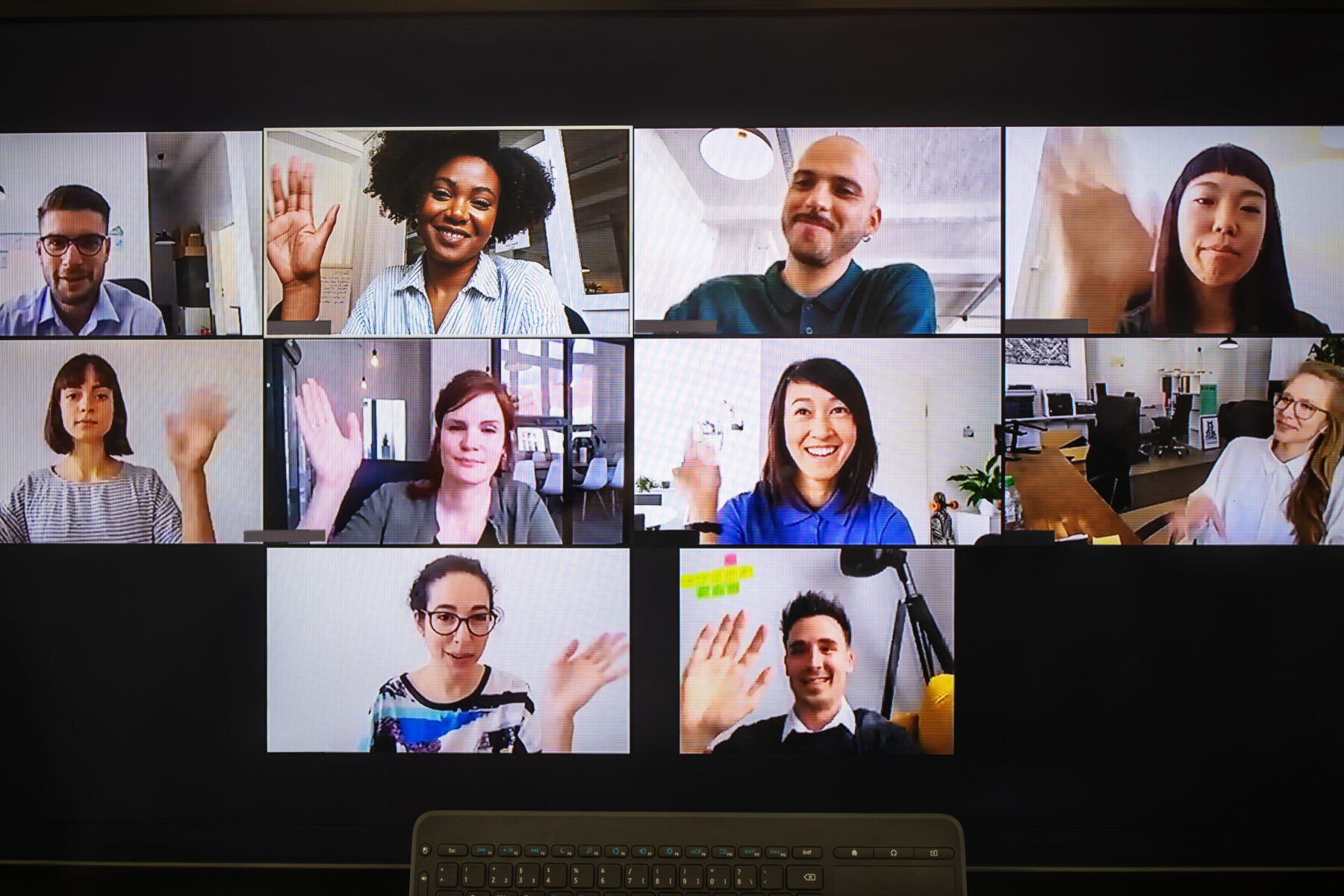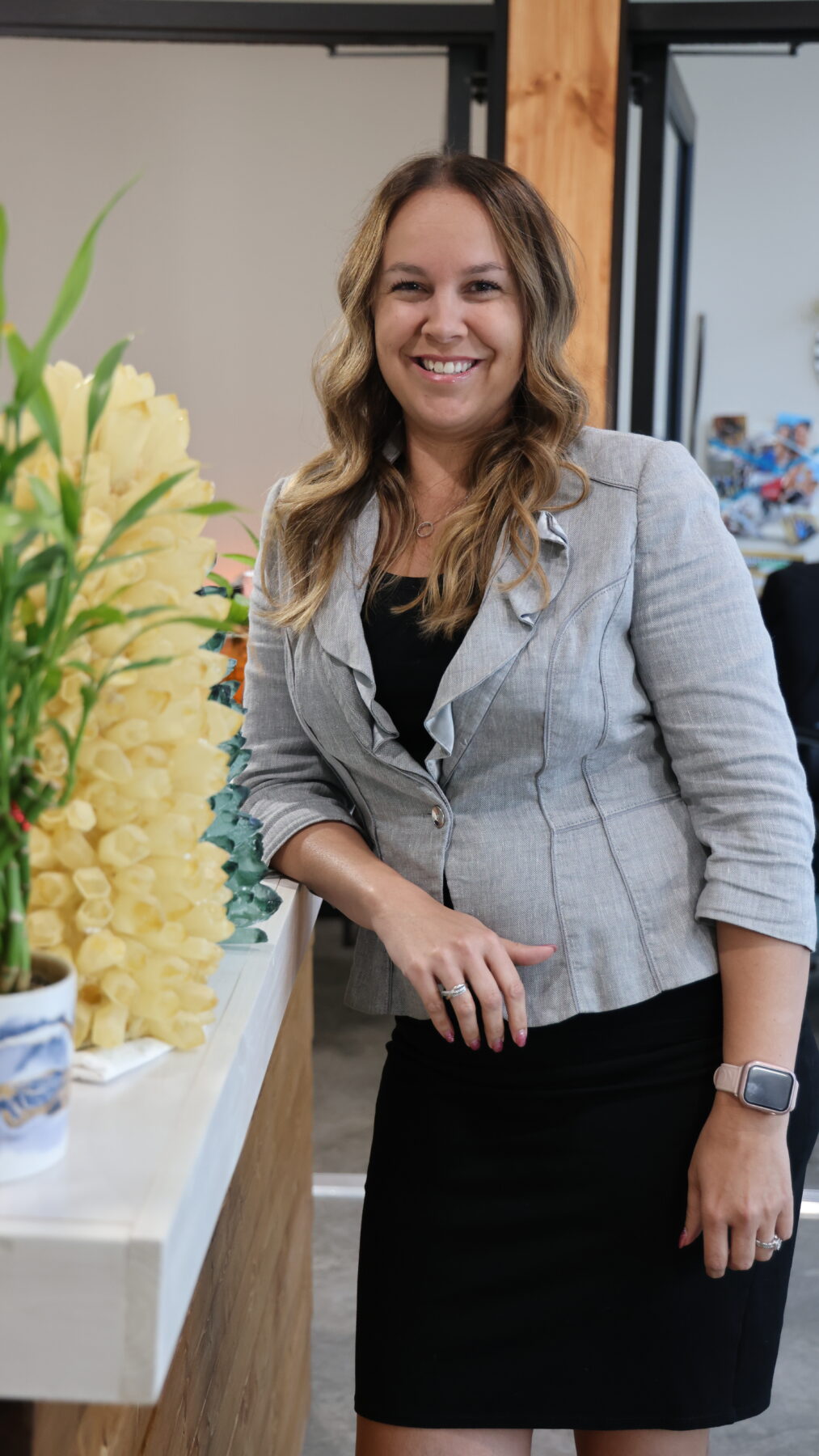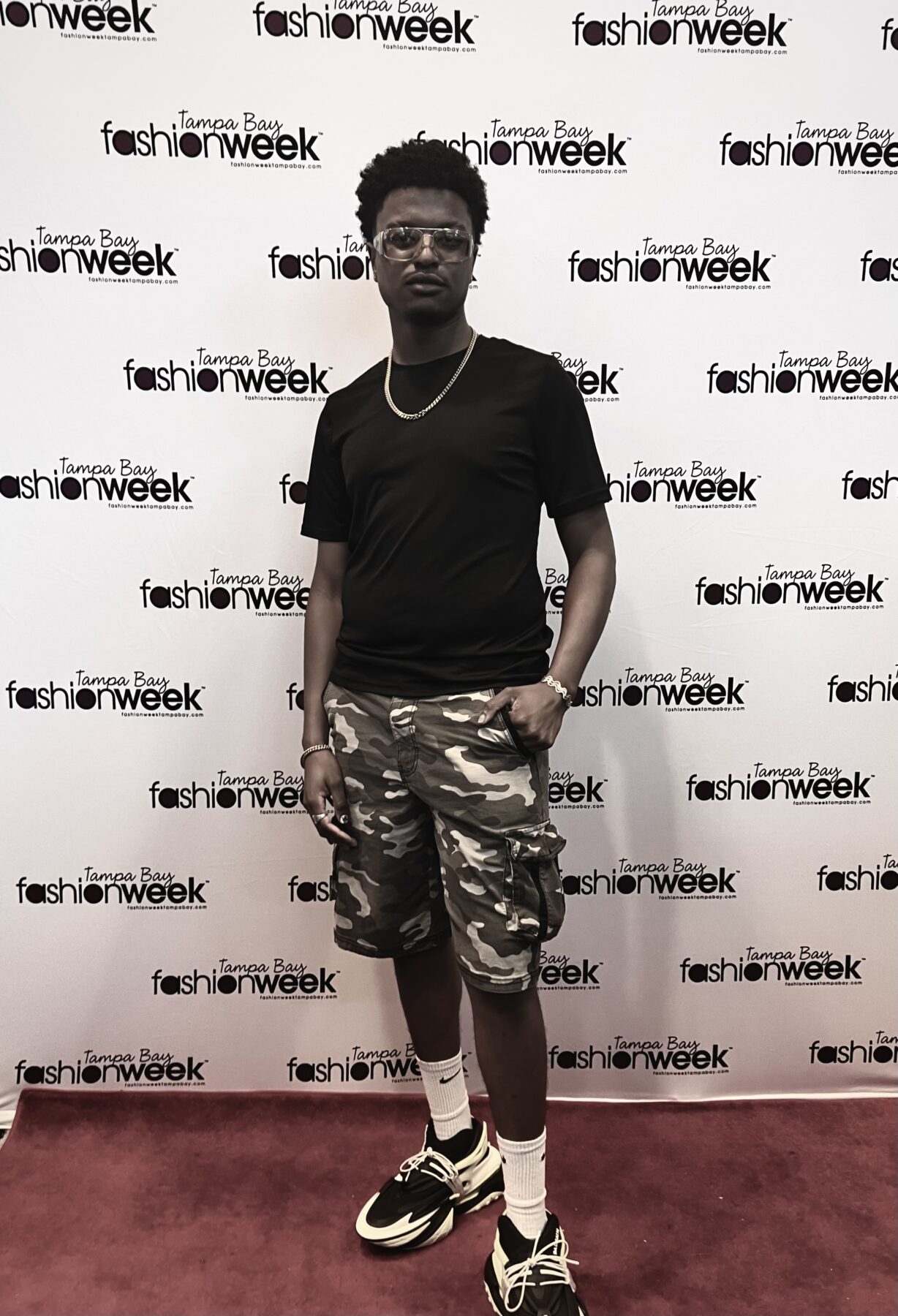
Every generation enters the workforce with different technology and communication preferences. A few years ago, writer and social designer Kylan Stephon Hayes had a boss who communicated mostly through email. His boss also had rules about when and how to send emails to her. For the then-19-year-old Hayes, such a regimen made it frustrating to communicate about assignments or ask questions.
“She threw in a bunch of formal barriers to get that email,” he said. “I had to go through so many hurdles just to send an email, much less get my point across.”
Hayes isn’t alone in his dissatisfaction with communicating with a manager from another generation. Only 32% of Gen Zers (roughly defined as born between 1997 and 2012) feel very equipped with the resources they need to thrive in the workplace, according to a Salesforce survey of 23,000 workers. Many Gen Z employees and non-Gen Z managers I’ve spoken to feel a disconnect — but it’s possible to bridge that gap.
“You have to be willing to accept the fact that every generation is going to [not only] come with its challenges, but its rewards,” said Amanda Webster, a millennial and chief operating officer of Fund&Grow, where Gen Zers account for 25% of the workforce. “With Gen Z, I think they have the ability to be your most loyal employees and your best employees to grow up the chain, because if they truly buy into and believe what your company is doing, they will work for you.”
And it’s important to find ways to work together. In his book “The First Time Manager: Leading Through Crisis,” former NBCUniversal and Nickelodeon HR executive Paul Falcone noted that Gen Z and millennials make up 38% of the workforce and they generally value social responsibility, flexibility and empowerment. But there are three additional age groups laboring alongside them: the silent generation (born 1928-1945), baby boomers (born 1946-1964) and Gen X (1965-1980).
“Millennials and zoomers are charging the way,” said Falcone, 60. “A wise company is going to look at how you can adapt your organization to really meet their needs because their needs are good needs. These are good things they’re looking for.”
I spoke with several Gen Z employees and managers from older generations about how they best communicate. Here are their tips.
Trust and listen to each other
“Listen to each other” may seem like obvious advice, but it’s worth repeating, say the Gen Zers and non-Gen Z managers I spoke to.
Before Mia Hollie enrolled in the CUNY Newmark journalism grad school, the Gen Zer worked as an associate at a communications firm. She’d suggest more efficient ways of working, using either social media or AI, but found that she’d have to oversell the innovations to have bosses consider them. Eventually, they said yes to her suggestions because Hollie had earned their trust.
“I was fortunate to have managers that were familiar with my work,” she said. “If I was giving them a suggestion for something even if they weren’t totally sold on it, they trusted me to at least try it out and see if it worked.”


Webster has also noticed that her Gen Z employees want their voices heard, so she installed several structures at Fund&Grow to make sure that happens, such as 14-day and 90-day check-ins for new hires, multiple platforms for communication like Microsoft Teams, and opportunities to assess themselves and their managers.
“Gen Z wants to actually have a voice bigger than any other generation has ever wanted,” Webster said. “They want to be able to present their ideas, they want to be heard and they want to be recognized.”
While not every idea will be accepted and implemented — something Gen Zers must also recognize — open communication across generations must remain open, say older managers like baby boomer Don Blount. Blount, McClatchy Central Valley executive editor, said managers and nonmanagers should take note of how they approach each other.
“One of the things I’ve always tried to have in the back of my mind [is], ‘In this interaction, how can I handle this interaction, whether it’s good or bad or indifferent, so that this person will want to interact with me the next time?’” he said. “If there’s a way you can at least hear that person out, and be respectful, then perhaps we can have a positive in that.”
Be authentic
During her internship at a communications firm, Southern Methodist University student Cedar Roach launched a research project and executive workshop on how best to communicate with Gen Z. Roach’s interactions in the workplace and at college inspired her to take a deep dive. She found that one of the main things her generation values is authenticity.
“Leaders need to understand that authenticity is not just something we value, but something we are,” said Roach, whose research was recently featured in Chief magazine. “You have to give us room to be authentic. Your programs, your workplace, your culture are naturally going to become more authentic if you’re not trying to just force it on there as a value.”


For fellow Gen Zer Hayes, who runs his own design company Powered By Verity, authenticity comes down to something as simple as communication. Personally, he prefers messages via text, Slack or Discord rather than emails, which feel too formal.
“To bridge that gap, managers and people who are older than Gen Z need to understand that we prefer more relaxed communication,” he said. “Just be blunt, be forward, be honest. And we can see right through communication that is anything less than that.”
Similarly, Gen Zers should be patient with older managers who are sometimes working with technology they don’t always understand and carrying out directives from company leadership – with their own jobs at stake. Blount said Gen Z needs to realize the responsibility editors carry within the journalism hierarchy.
“Listen, be patient and understand the editor is different than you and they’re your boss,” he said. “As the person working for them, you have to understand the hierarchy. The bosses are the ones who ultimately are responsible for your news site. And then come to agreement about the work that you’re trying to do.”
All of the non-Gen Z managers I spoke with understood the importance of meeting in the middle and had already begun implementing ways to embrace authenticity in the workplace. Falcone outlined several solutions in his book, including providing cross-generational mentorship and coaching, collaborative projects, flexible work schedules and team-building events. While these techniques work, Falcone said, managers need to be patient when looking for results.
“I wouldn’t say they’re quick changes. They’re uncomfortable changes for a lot,” he said. “When you put people in these situations where they are literally working side by side, on these different kinds of projects and programs, it automatically opens the spigot to building better relationships.”
But some Gen Zers are looking for authenticity right away. Webster noticed that when her Gen Z employees weren’t satisfied, they moved on within three months. Over the course of a year, she and her colleagues overhauled their onboarding process to have less paperwork and training. Instead, Fund&Grow’s first day is all about the company’s culture.
“We want to make sure that on day one, they know what they bought into,” she said. “Gen Z wants the company to have a mission. They want to work for something that matters. … If you’re going into the interview of selling them on a company that has all this culture and all these things happening, you better be doing it.”
Be inclusive and don’t make assumptions
Falcone encourages managers to be as inclusive as possible, He suggests asking the following question during a one-on-one meeting: “Do you feel like you’re able to do your very best work every day with peace of mind?” After asking that question, Falcone said, bosses must be prepared to hear hard truths.
“You’re going to hear things about favoritism and complaints,” he said. “That’s your job as a leader to grow and develop talent. But this cannot be an afterthought. This has to be who you truly are, and that’s the change in mindset going forward.”


That entails not making assumptions about younger generations – and vice versa. While some older managers see Gen Z employees in a rush to get a corner office, Gen Zers think their older managers are slow to get their point across. And yet the managers I spoke to highlighted that Gen Z and the older generations have more in common than they might initially have thought. For instance, Blount used his experience as an editor of color to put himself in Gen Z’s shoes.
“As [an] African American journalist, when I’d look toward the so-called glass offices, I didn’t see anyone who looked like me,” he said. “Therefore, my voice often wasn’t heard in conversations. Now with Gen Z or younger journalists, having that perspective for me, and for my editors who I work with, that helps us to consider viewpoints that otherwise would have gone unnoticed.”
In Roach’s research, she said that one of the biggest assumptions employers make about Gen Z is that they’re extremely online and always on TikTok. According to a recent Morning Consult study, 76% of all Gen Zers use the app and the generation spends four hours or more on social media every day. But Roach said Gen Zers all use social media differently — and it doesn’t mean they’re using it at work.
“We really want, at the end of the day, the ability to be ourselves,” she said. “I don’t need my peers and my elders to pretend to be Gen Z, cool or hip. I just want them to be themselves, too, and then we can find that common ground.”



